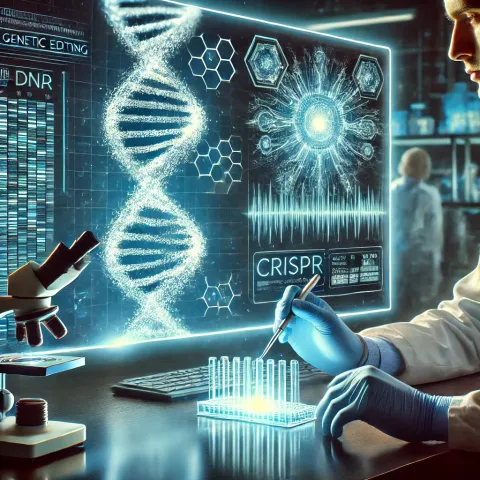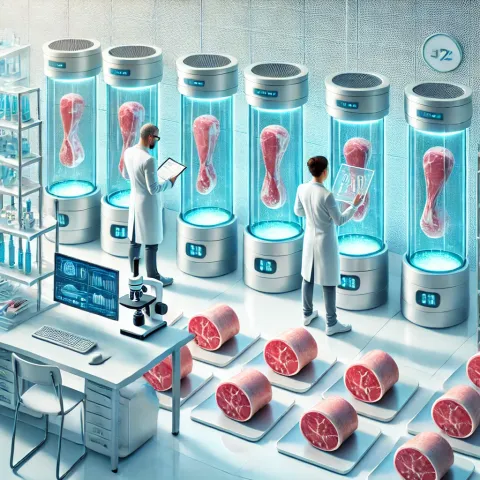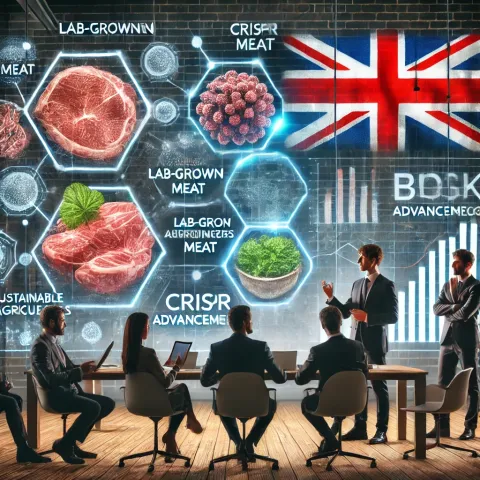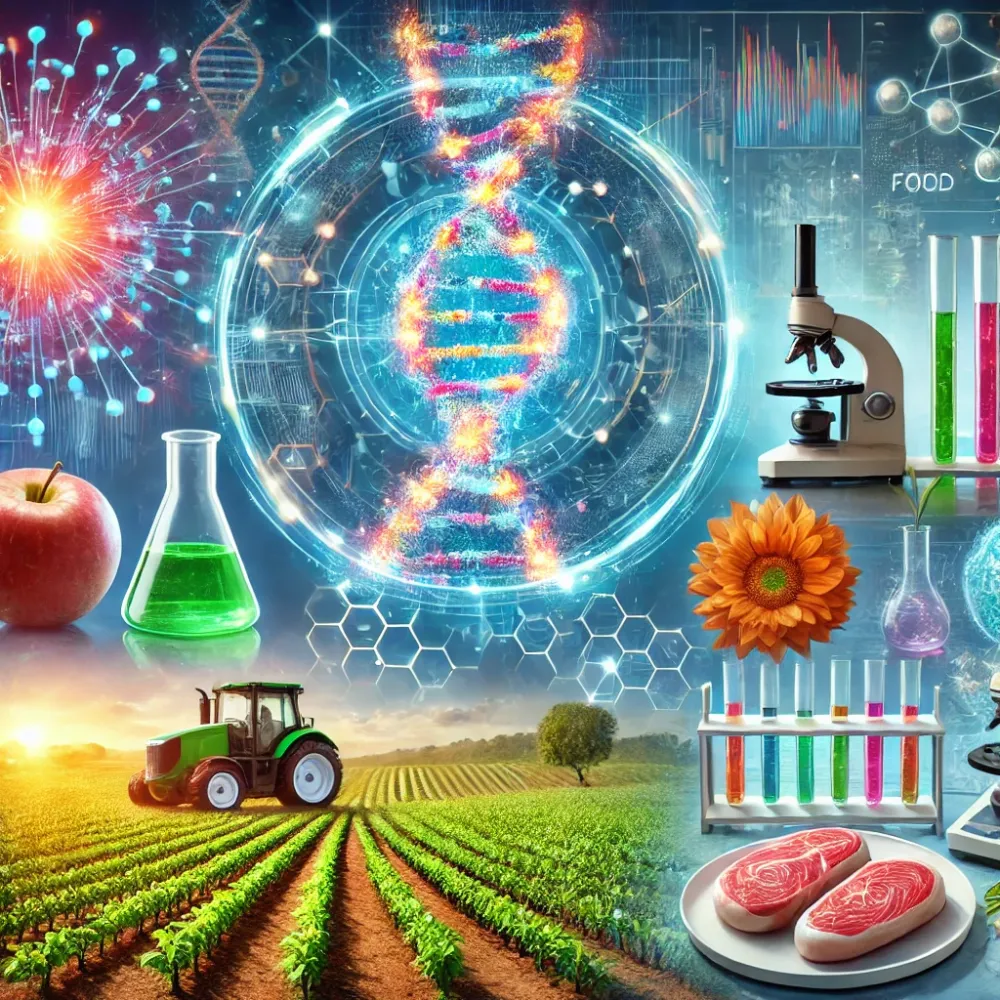The biotech revolution everyone’s been waiting for
When people think of the future, biotechnology often comes to mind as a field where dreams meet reality.
In 2025, this isn’t just a futuristic idea—it’s happening right now.
From treating once-untreatable diseases to growing food in ways we could only imagine a decade ago, biotech is changing the game. And for those of us here in the UK, it’s not just about breakthroughs; it’s about opportunities to lead.

CRISPR: The tiny tool with massive potential
Let’s start with CRISPR, one of the most exciting names in biotech today.
What makes it special? This tiny genetic editing tool allows scientists to go straight to the root of genetic disorders and fix them—almost like editing a typo in a book.
Diseases like cystic fibrosis and muscular dystrophy, which once seemed impossible to cure, are now being tackled head-on.
What’s even more incredible is how personalised these treatments are becoming.
Imagine walking into a clinic and receiving therapy designed specifically for your DNA. It’s not far off.
In Cambridge, for example, the Wellcome Sanger Institute is pioneering research that could make this level of personalisation a reality. And let’s not forget Oxford’s Base Genomics, pushing the boundaries of genetic testing.
These aren’t just names—they’re real players shaping the future right here in Britain.

Agriculture that works with nature, not against it
But biotechnology isn’t all about medicine.
It’s also about how we feed ourselves in a world that’s rapidly changing.
Climate-resistant crops are one of the big ideas gaining traction.
By tweaking the genes of plants, scientists are making them tougher—able to handle droughts, pests, and extreme weather without relying on harmful pesticides.
In Norwich, Tropic Biosciences is leading the charge, working on crops like bananas that don’t just survive but thrive.
It’s a big deal, especially when you think about the UK’s push for sustainable farming practices.
For farmers, it’s not just a matter of ethics—it’s about staying competitive. With tools like these, they can cut costs, reduce waste, and grow food that’s better for the planet.

Meat, but make it modern
We all know the challenges that come with traditional livestock farming: emissions, deforestation, and water use, to name a few.
Lab-grown meat offers a way out. It’s meat made from animal cells, but without the need for farms or fields.
The result is something nearly identical to what we’re used to eating, but with a fraction of the environmental footprint.
Here in the UK, companies like Higher Steaks in Cambridge are already making strides.
They’re not just talking about cultivated pork—they’re making it.
The government’s recent £20 million investment in alternative proteins shows just how serious the country is about leading this space.
For entrepreneurs, this is more than just a buzzword—it’s a chance to reshape the food industry.

Why British entrepreneurs should care
For anyone in the UK looking to make an impact, biotechnology is a space brimming with possibilities.
Whether it’s healthcare, agriculture, or food production, there’s room to innovate, grow, and lead.
And with initiatives like Innovate UK’s grants and tax incentives for R&D, the barriers to entry are lower than ever.
But here’s the thing: it’s not just about money. Collaboration is going to be key.
Whether it’s partnering with universities, teaming up with research hubs, or working alongside established biotech firms, success will come from sharing ideas and resources.
The future is now
So, where do we go from here? Biotechnology isn’t some far-off dream—it’s a reality unfolding before our eyes.
And for those ready to dive in, the rewards could be enormous.
The UK has the tools, the talent, and the drive to be a leader in this space. The only question is, will you be part of the revolution?




